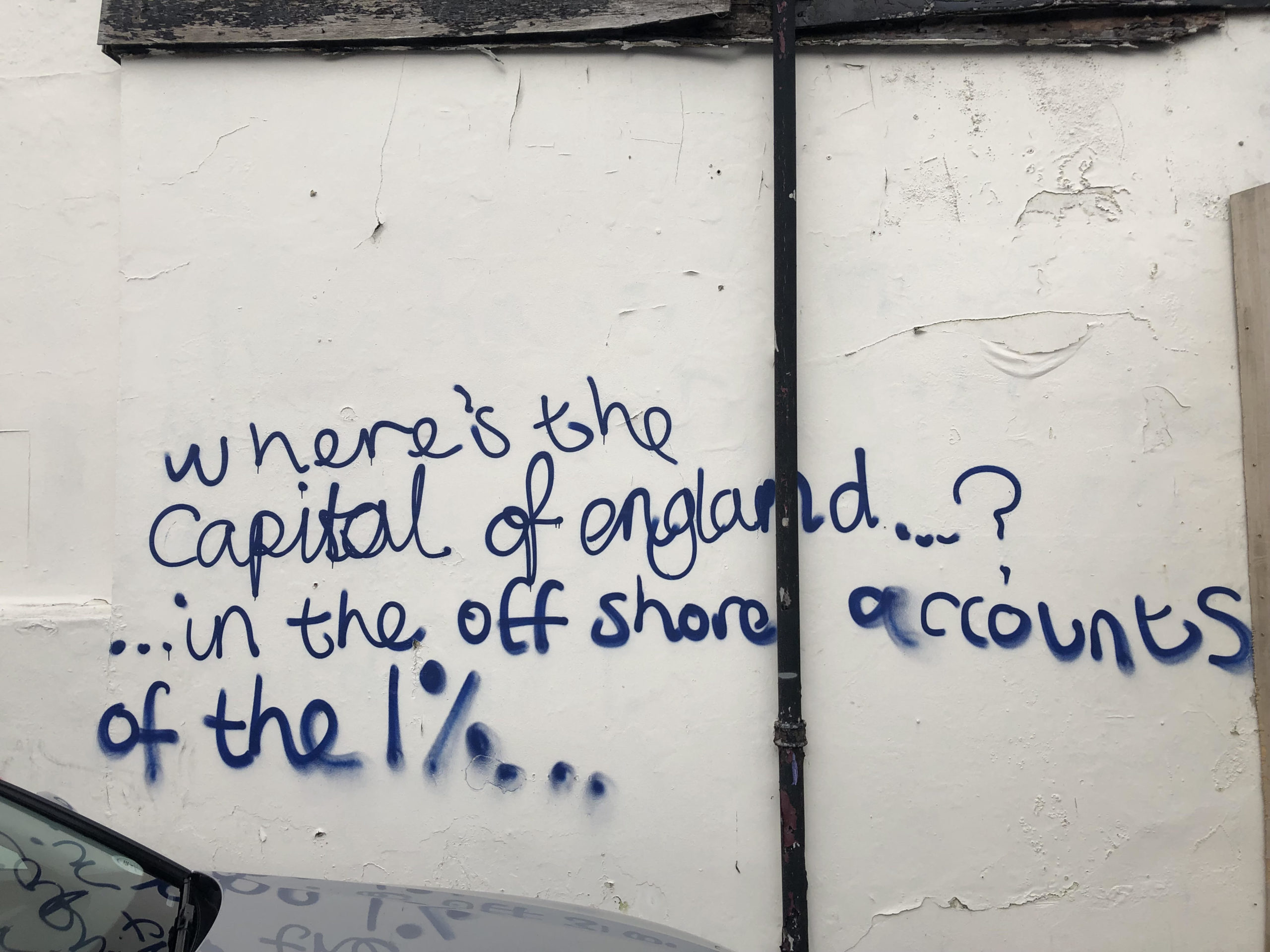The coronavirus pandemic has exposed uncomfortable truths. In the wake of this illness, the pre-existing sickness of our society is laid bare – its structural inequality. This crisis must fundamentally change our politics and facilitate the creation of a green, redistributive society.
The pandemic has exposed and exacerbated the social injustices in our society. In deaths alone, COVID-19 has disproportionately impacted the most deprived areas of the country at a rate nearly twice that of affluent regions. It is tragically unsurprising, given the underfunding of our National Health Service for the last decade, that the UK’s death toll has reached the highest in Europe. The future is uncertain for those in low paid, insecure work: already most affected by the crisis, they will be worst hit by the resulting economic downturn.
Following this crisis, we face a stark choice. As following the 2008 financial crisis, we can adopt austerity and a return to the criminally unequal status-quo; or, we can fundamentally reorganise our economy and society, address the systematic problems illuminated by the crisis, and pursue a transformative vision.
There is a magic money tree. The key lesson earned from this crisis is that, with the political will, money is not an impediment to policy delivery. For example, homelessness, the most visible manifestation of our broken economic system, has been tackled. The attempt to house rough sleepers during the crisis has been far from perfect: 35,000 people are temporarily housed in overcrowded hostels, aiding the spread of the virus. Yet, the point remains. With political will, in the interests of the most vulnerable and the wider population, the government have committed to temporarily ending street homelessness. Why not without crisis?
The ideas necessary to answer that question already exist. The Finnish policy ‘Housing First’ provides housing to those in need as a fundamental right. Coinciding this with mental health support, their rate of homelessness has greatly reduced.
During this crisis, albeit with imperfections, the Conservative government are financially supporting people and ensuring enough for rent and subsistence. In a crisis, it would seem that access to food and shelter is considered a basic human right. Why not without crisis?
Again, the necessary ideas already exist. Before the crisis, universal basic income (UBI) was a fringe concept: that is, the right to a regular payment from the state, enough to meet one’s essential needs. Pilot schemes have provided evidence proving the moral and economic efficacy of UBI: poverty is not only wrong, it is expensive. The pandemic has raised the profile of UBI. Its advocates must seize this opportunity.
There is no question that the above measures, whilst cost-effective in the long run, necessitate considerable upfront capital. With this, I turn to the restarting of the economy. As occurred post-2008, government fiscal stimulus packages will dominate efforts to address the economic fallout. This present crisis, again, presents an opportunity.
Post-2008, only sixteen per cent of fiscal stimulus contributed to ‘green’ initiatives. In our economic recovery, there is an opportunity to tackle both structural inequality and the ongoing climate crisis. Environmentally conscious fiscal stimulus could kickstart a Green New Deal, facilitating a transition to renewable energy sources, whilst providing secure, high-skilled jobs.
Aligned to this, there is an opportunity for the Government to tie the bailing-out of major corporations to contracts ensuring ethical practice following the crisis. The aviation sector has been worst hit by the pandemic, with Branson publicly appealing for state help. Bailouts with public funds could be tied to assurances that airlines finally pay fuel tax. Whilst the ensuing recession will demand increased tax revenue, it is important that those who can afford it pay, as opposed to ordinary people bearing the brunt.
Whilst my politics differ vastly from Milton Friedman’s, he recognised that crises incite change: ‘the actions that are taken depend on the ideas that are lying around’. We have the ideas – UBI, Housing First, a Green New Deal, to name a few aforementioned. The final medicine required after this crisis? Political will.
Lockdown is a chance to educate ourselves on and champion these transformative ideas. We desperately wait for life to ‘get back to normal’. Yet, we should not strive for normality. We must strive for a new normal.
Tom Palmer
Image: Tom Palmer.

